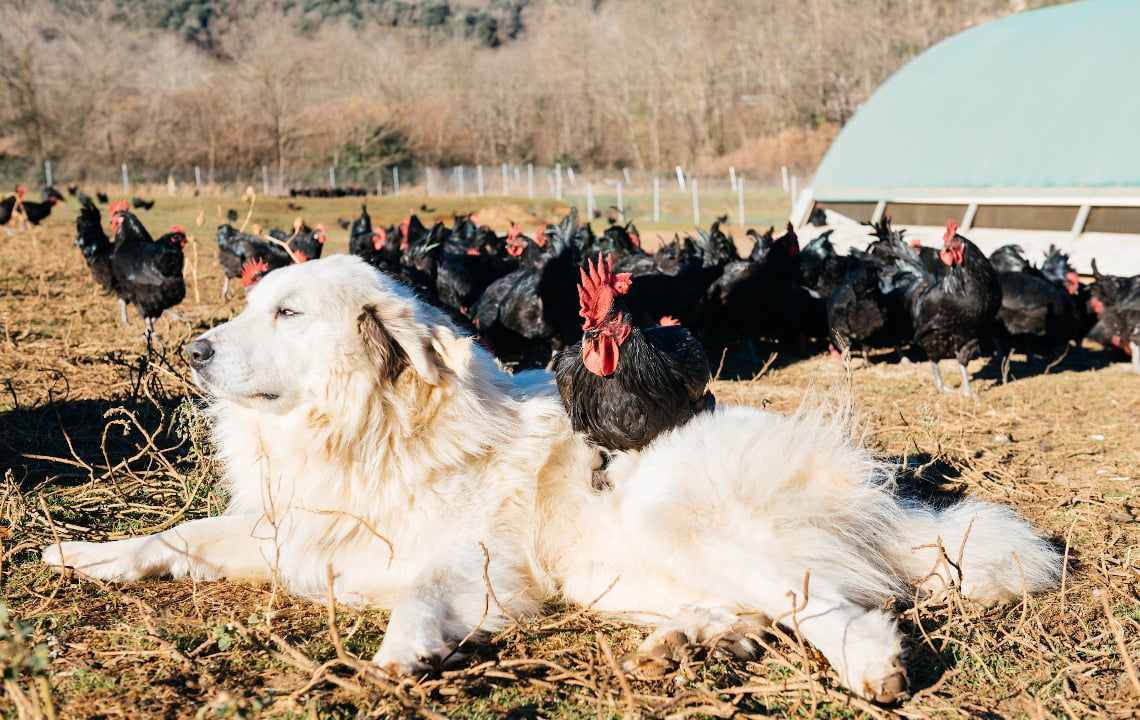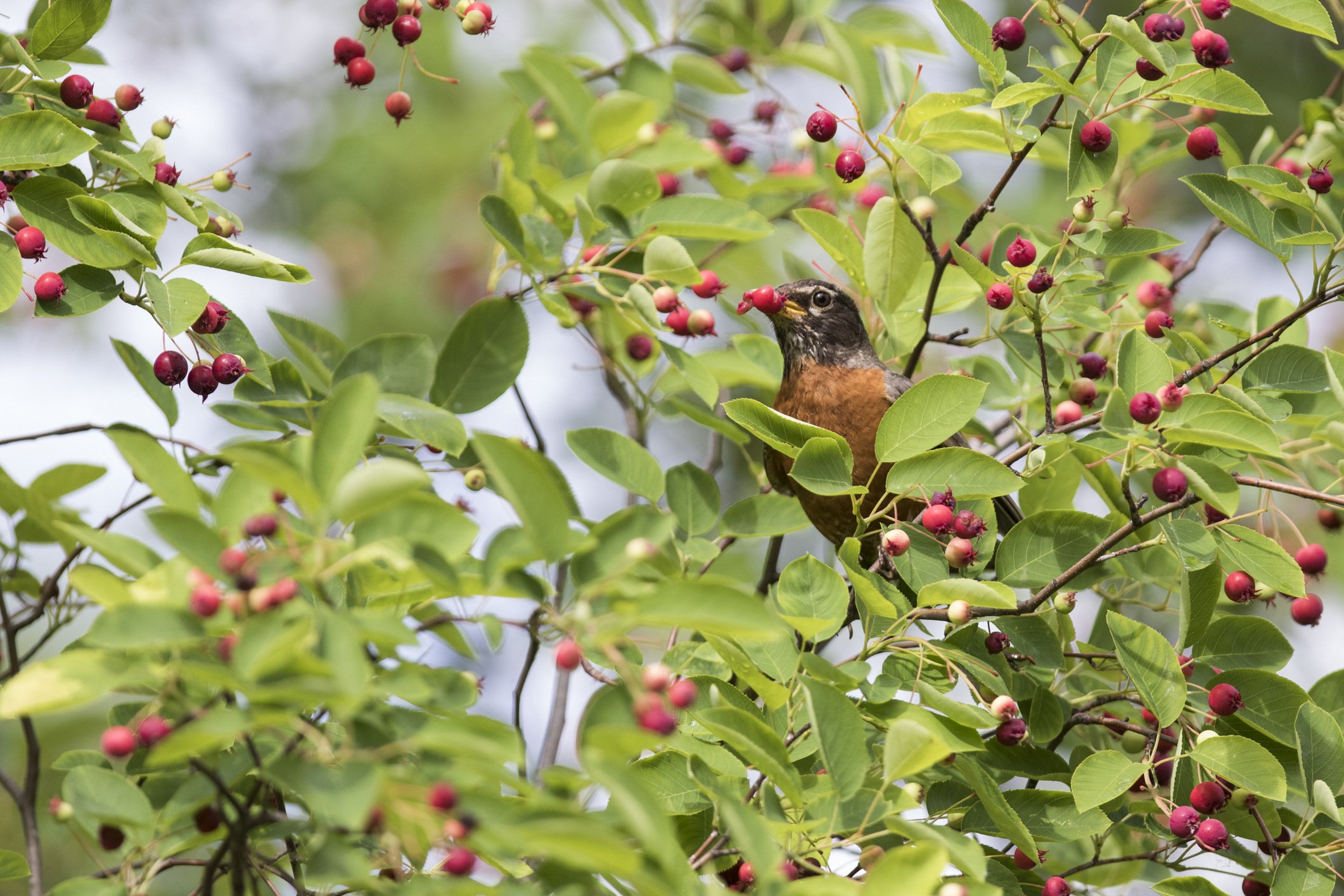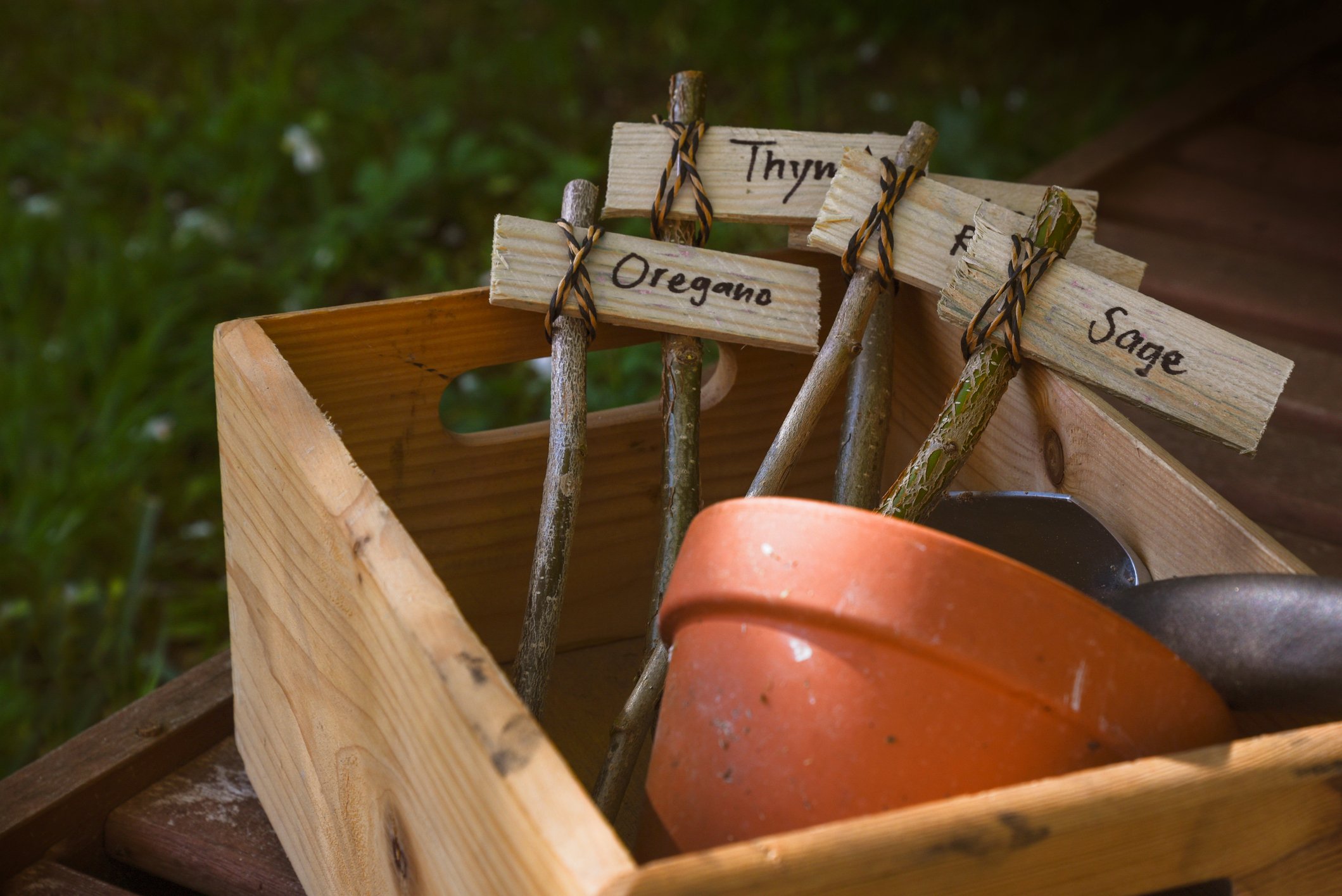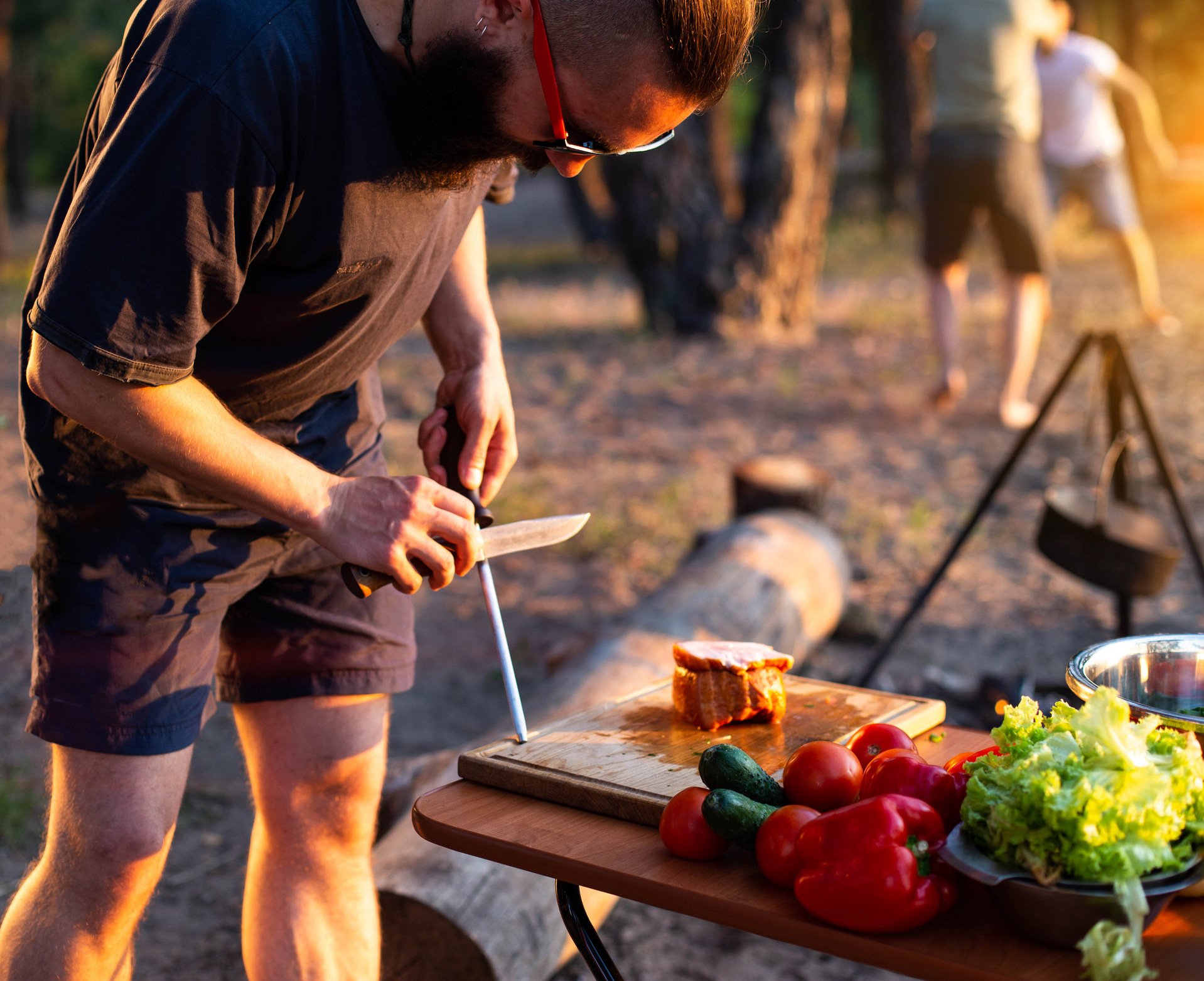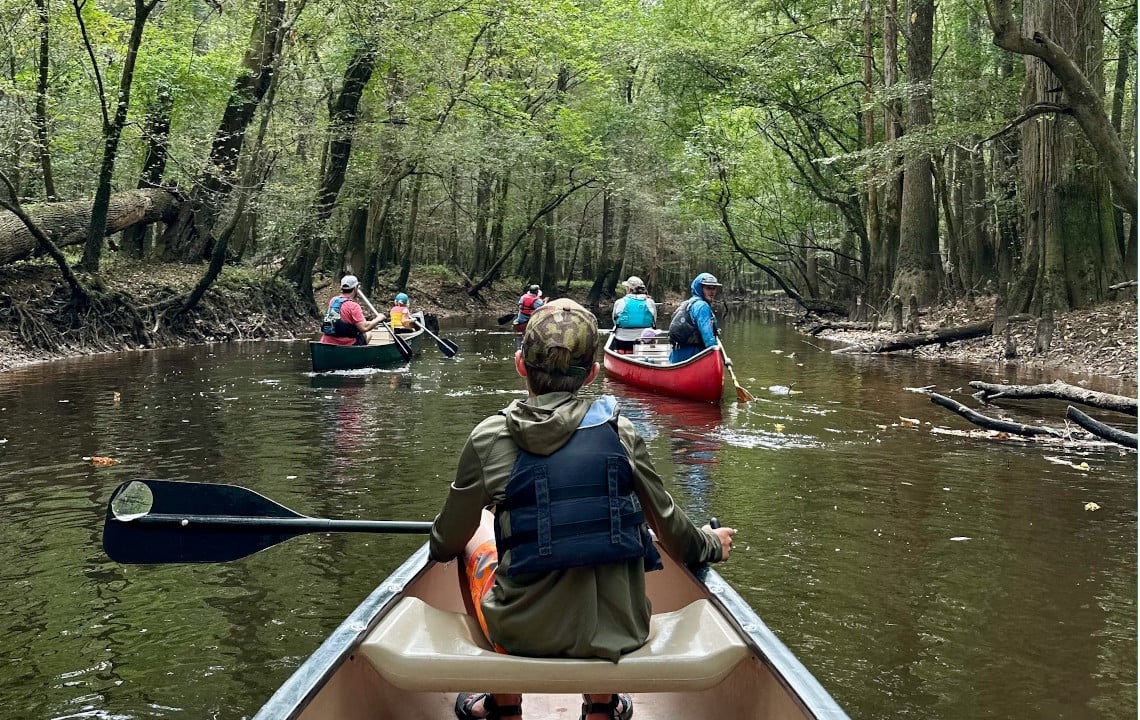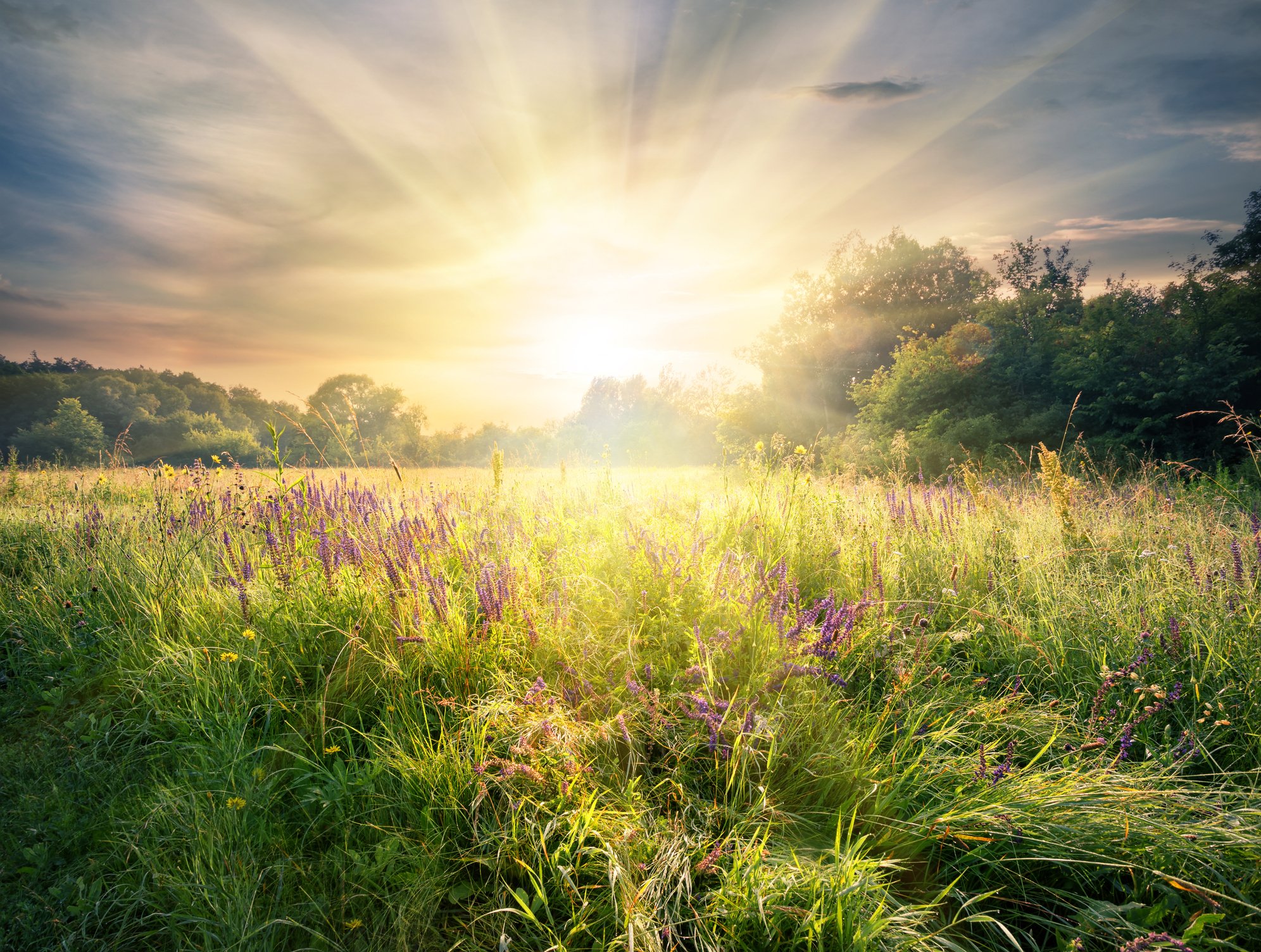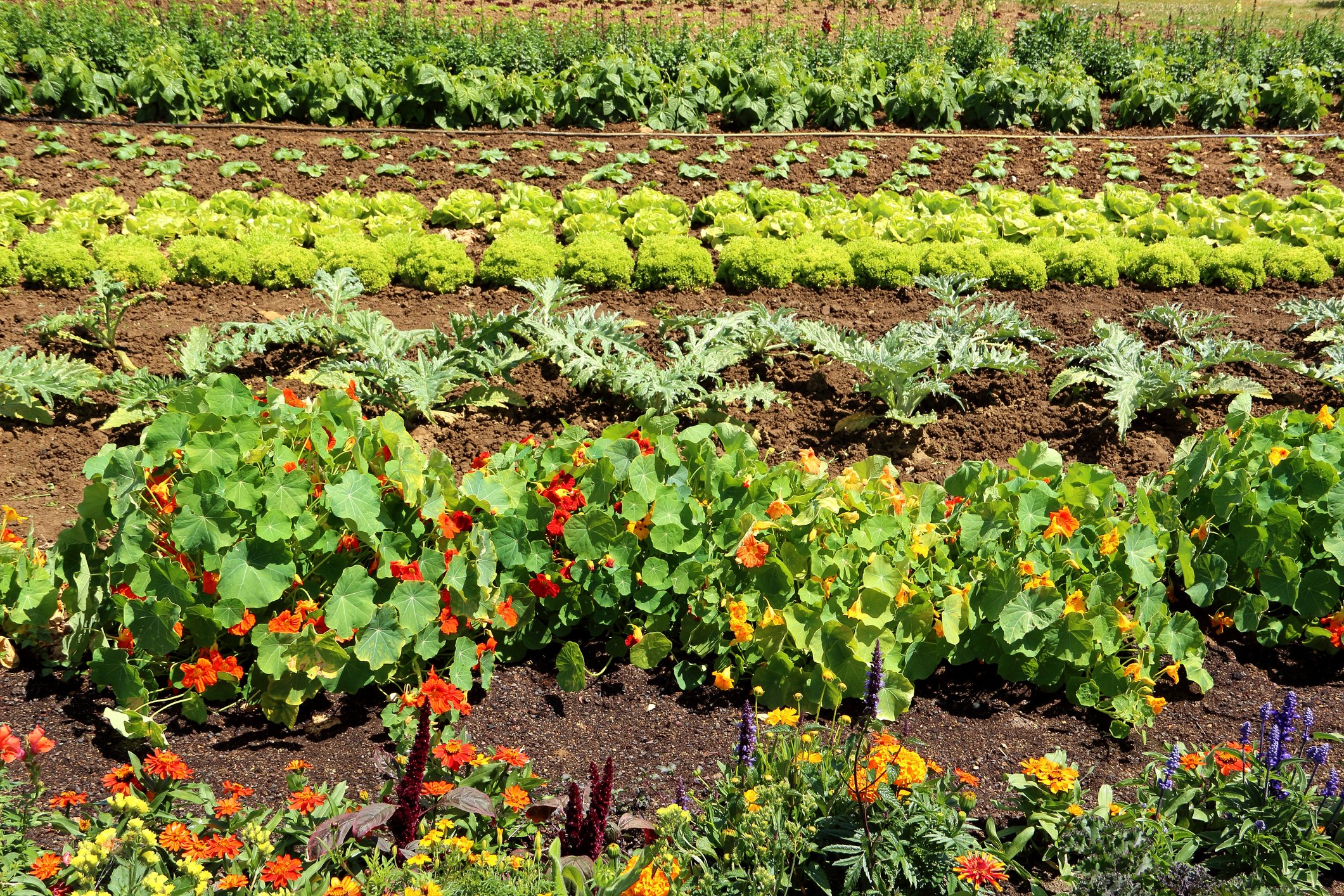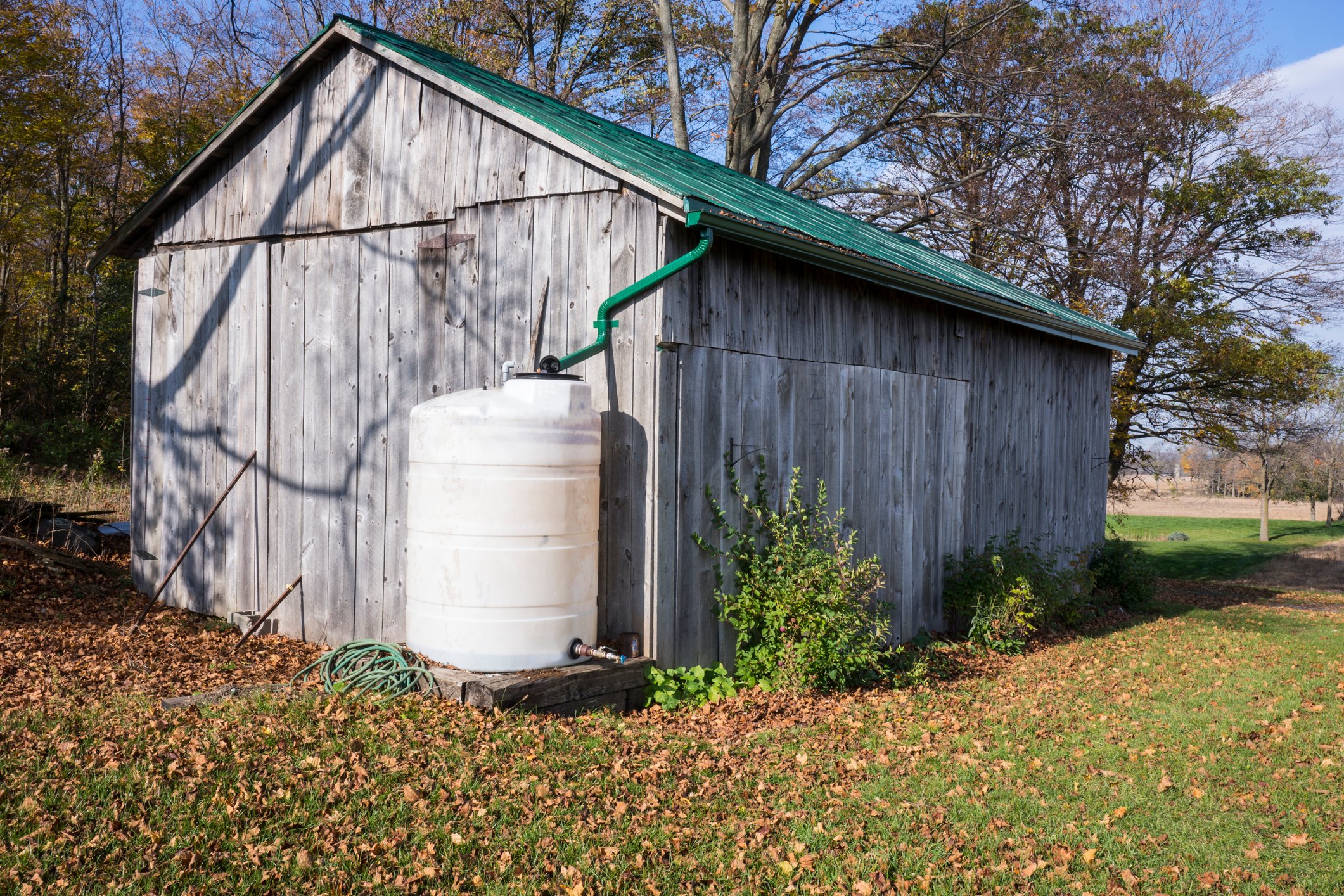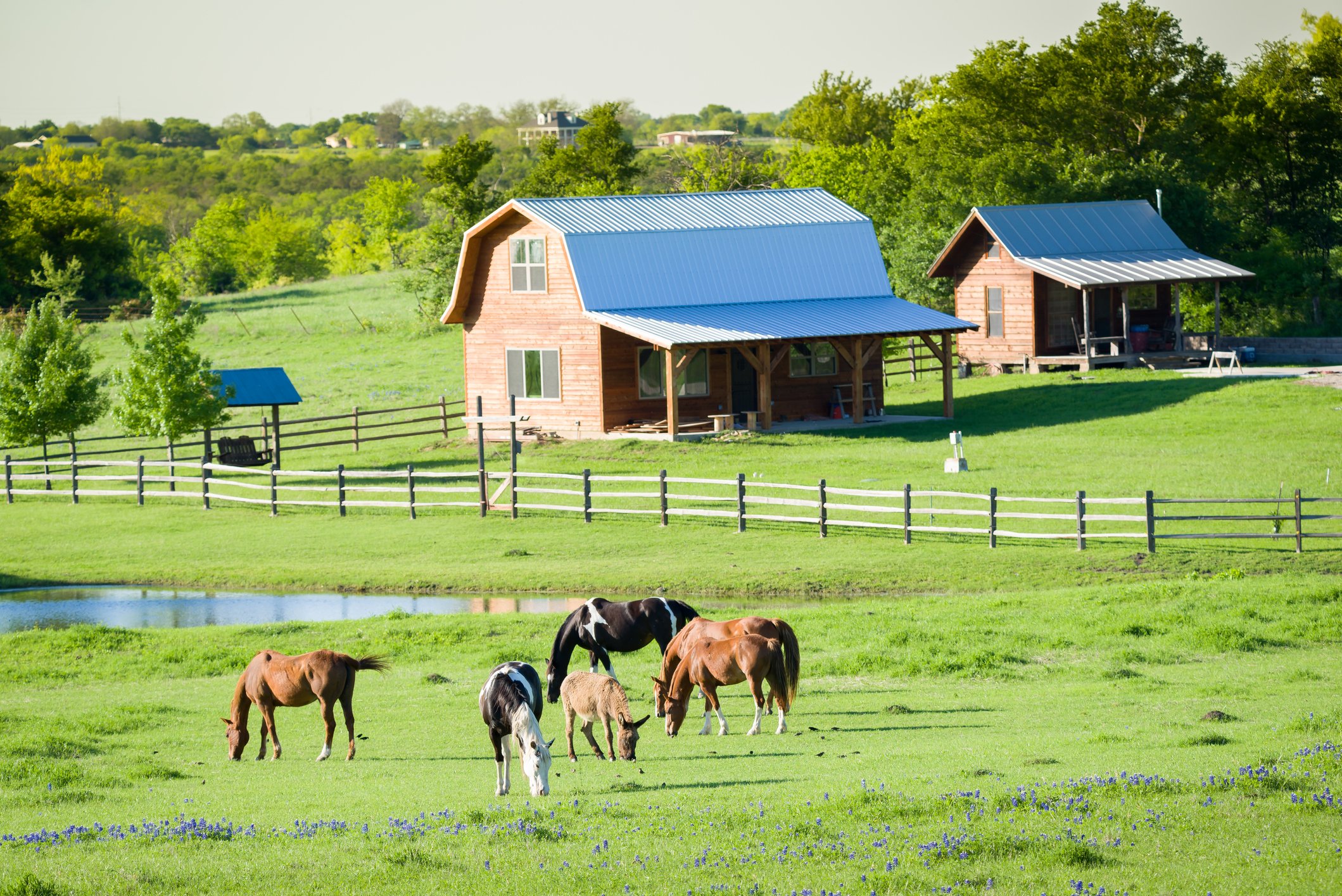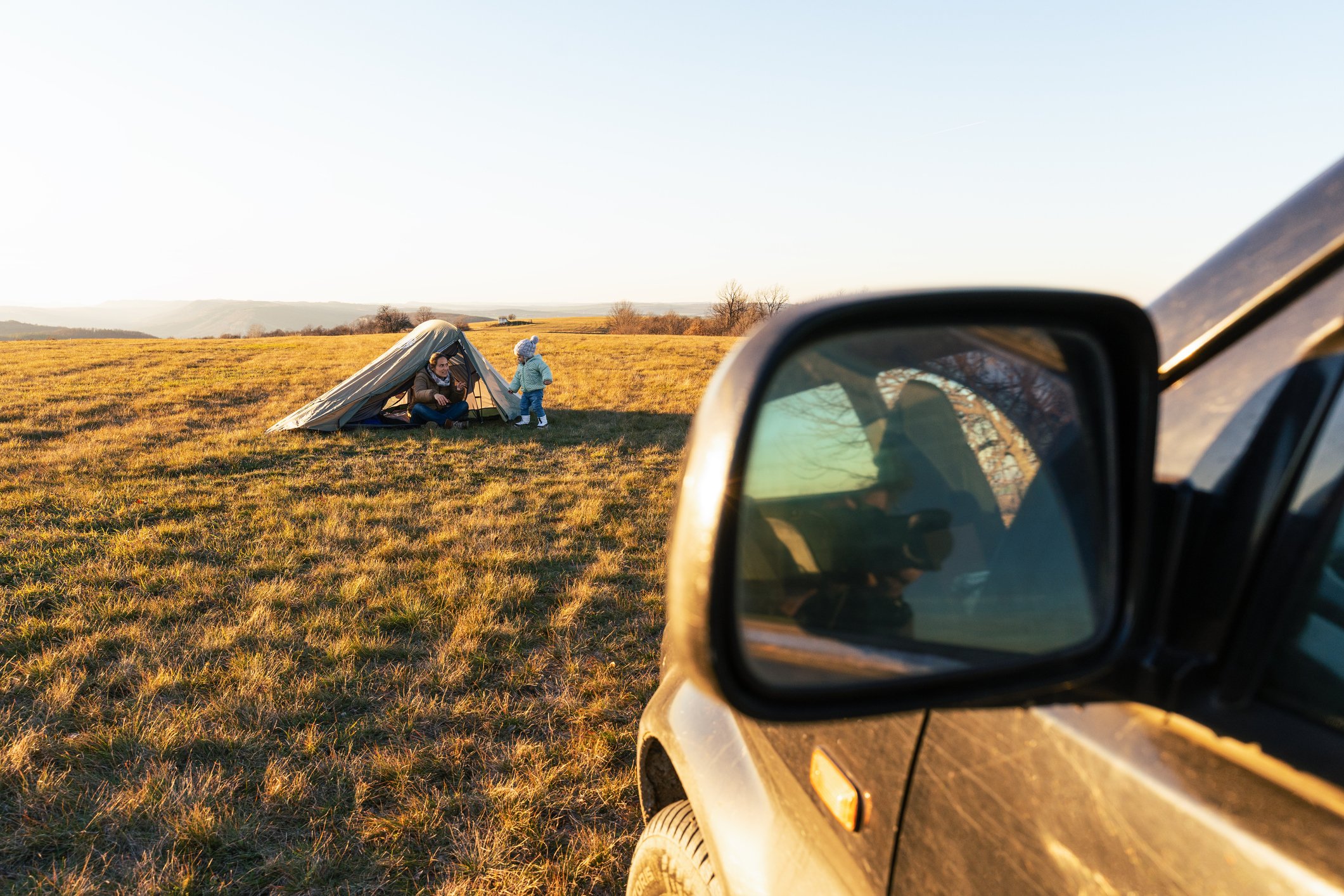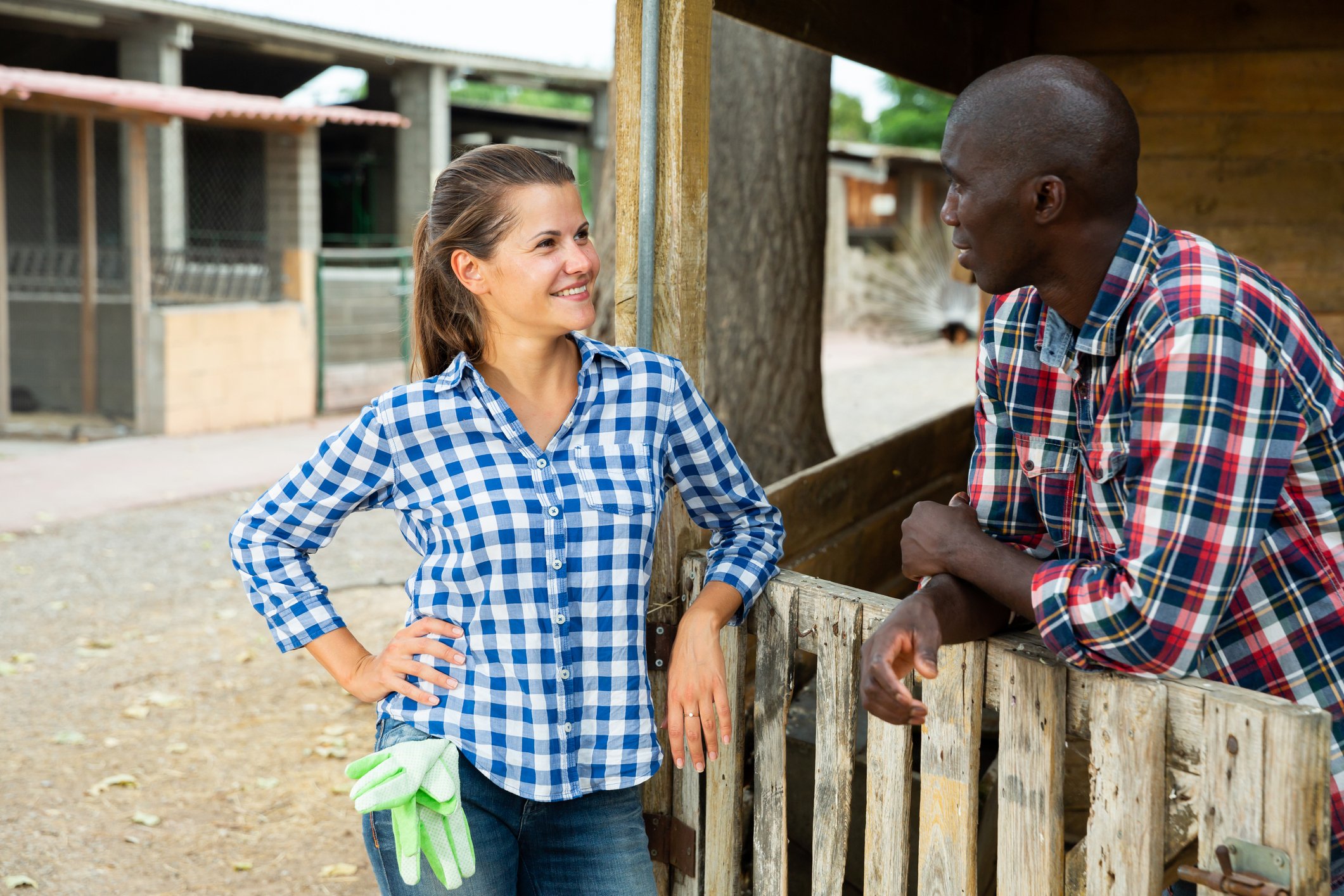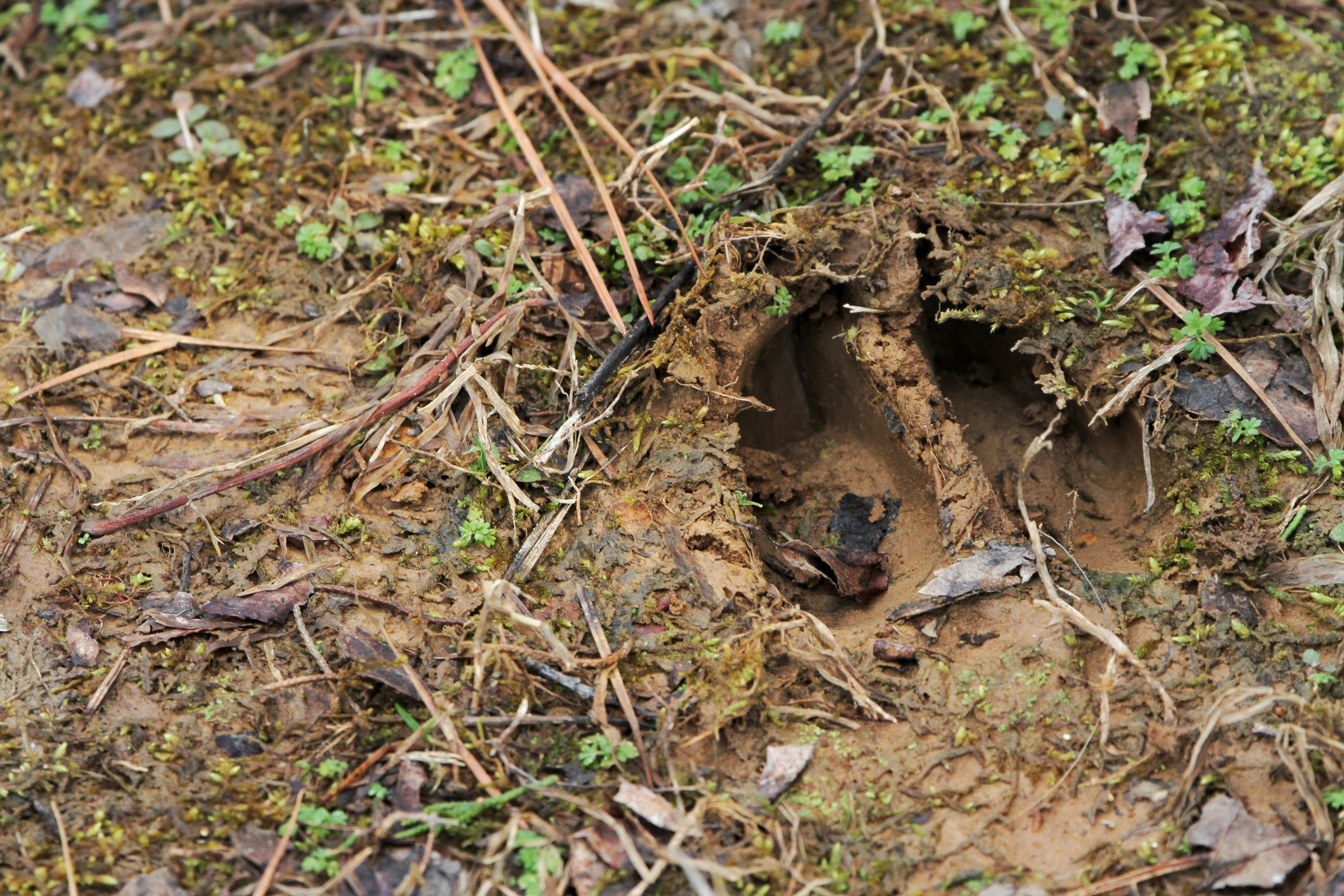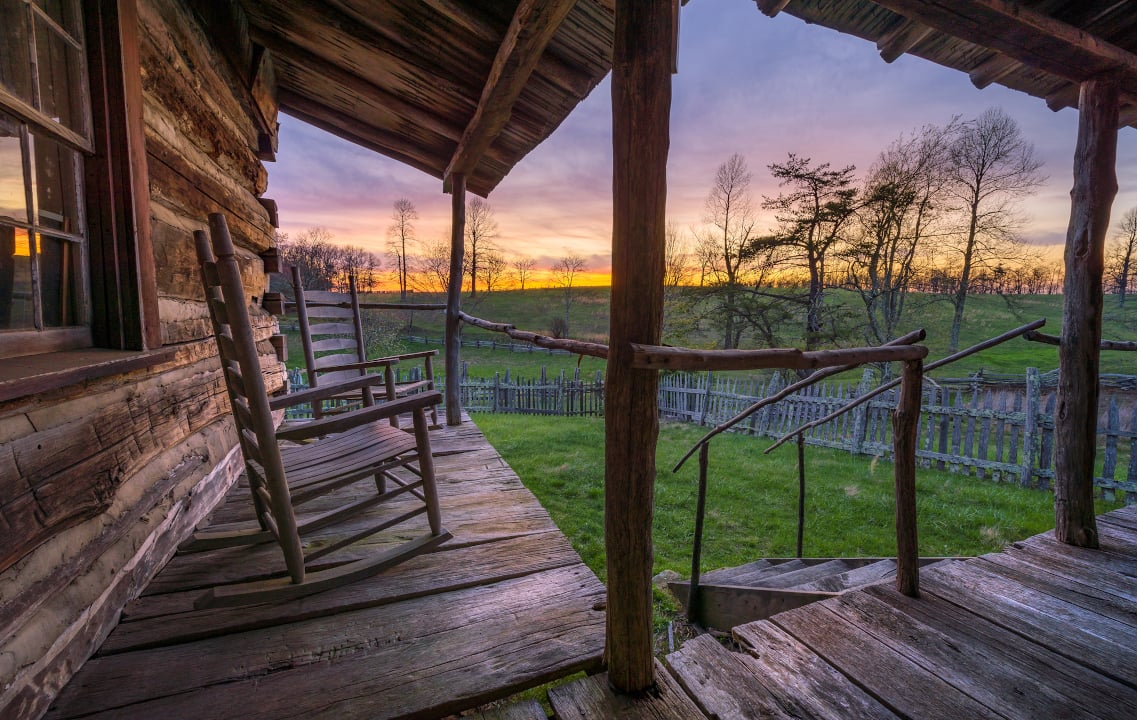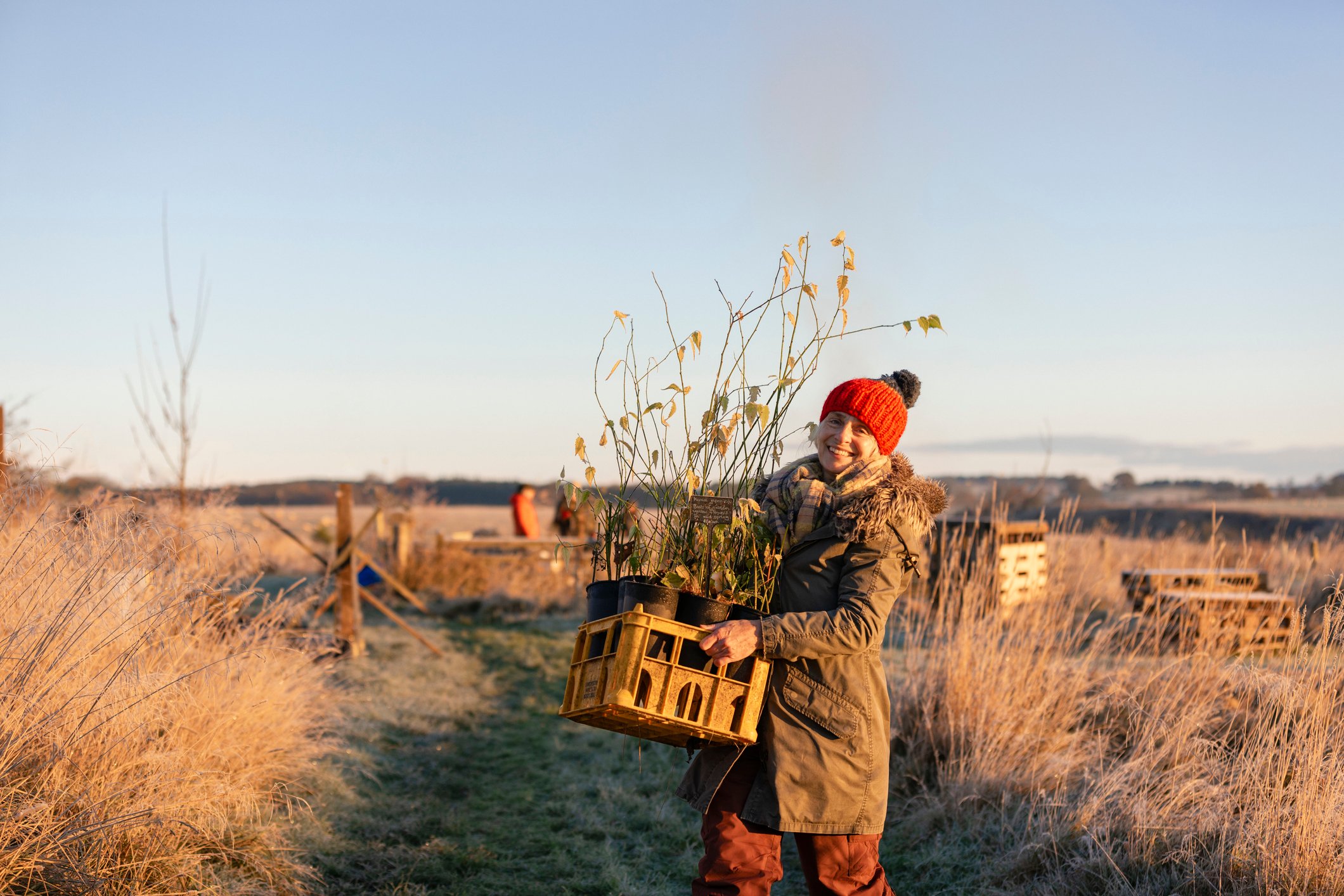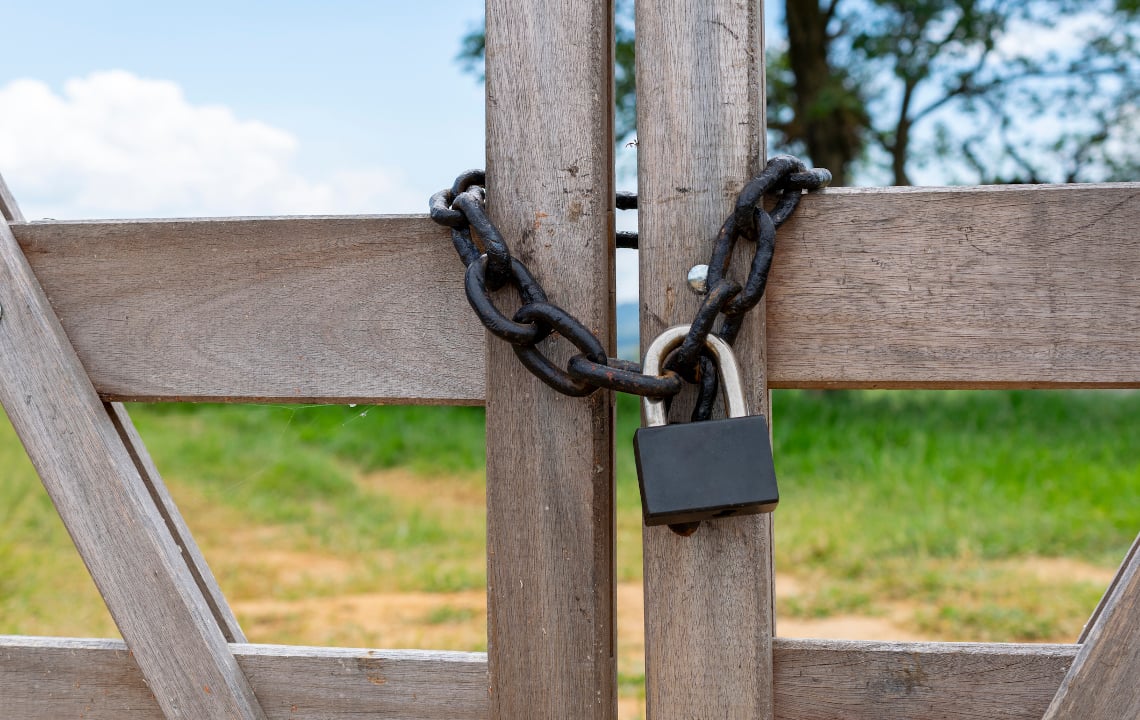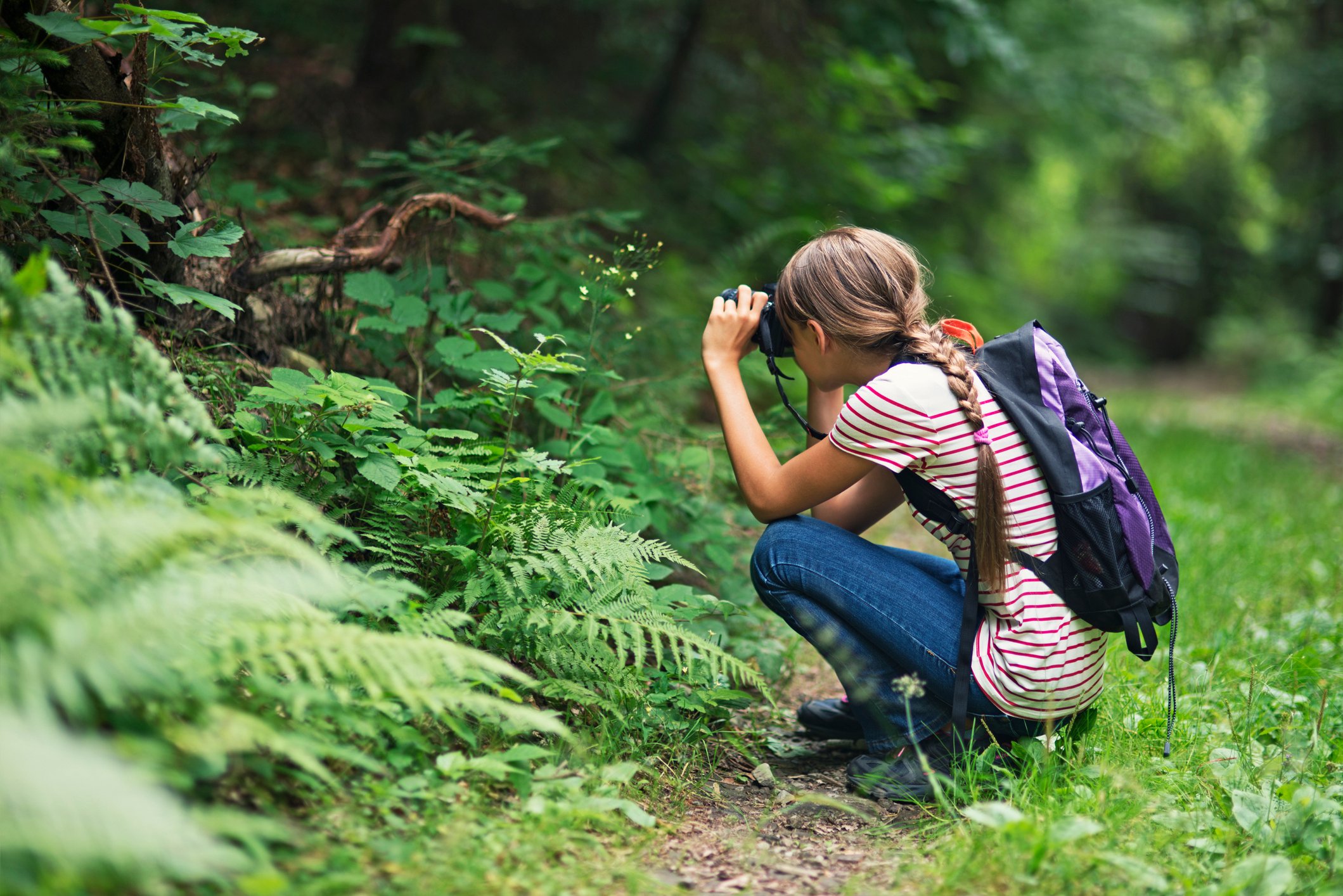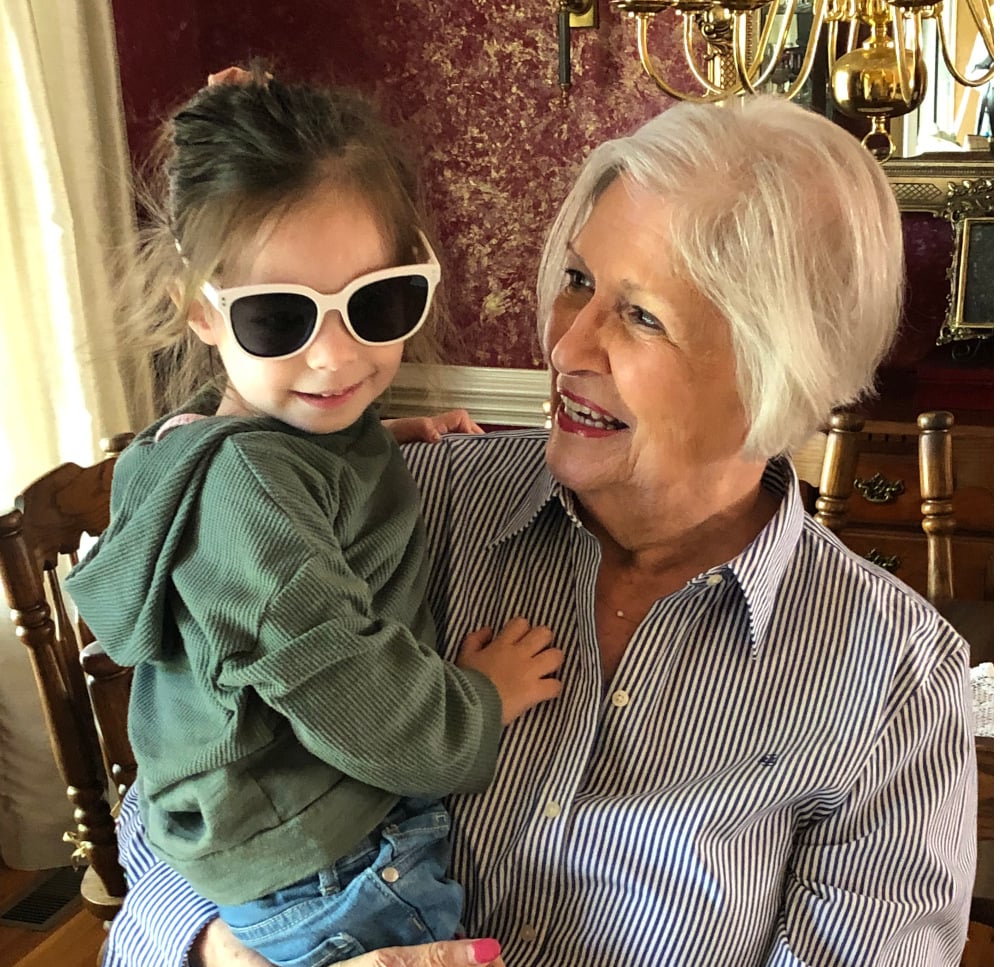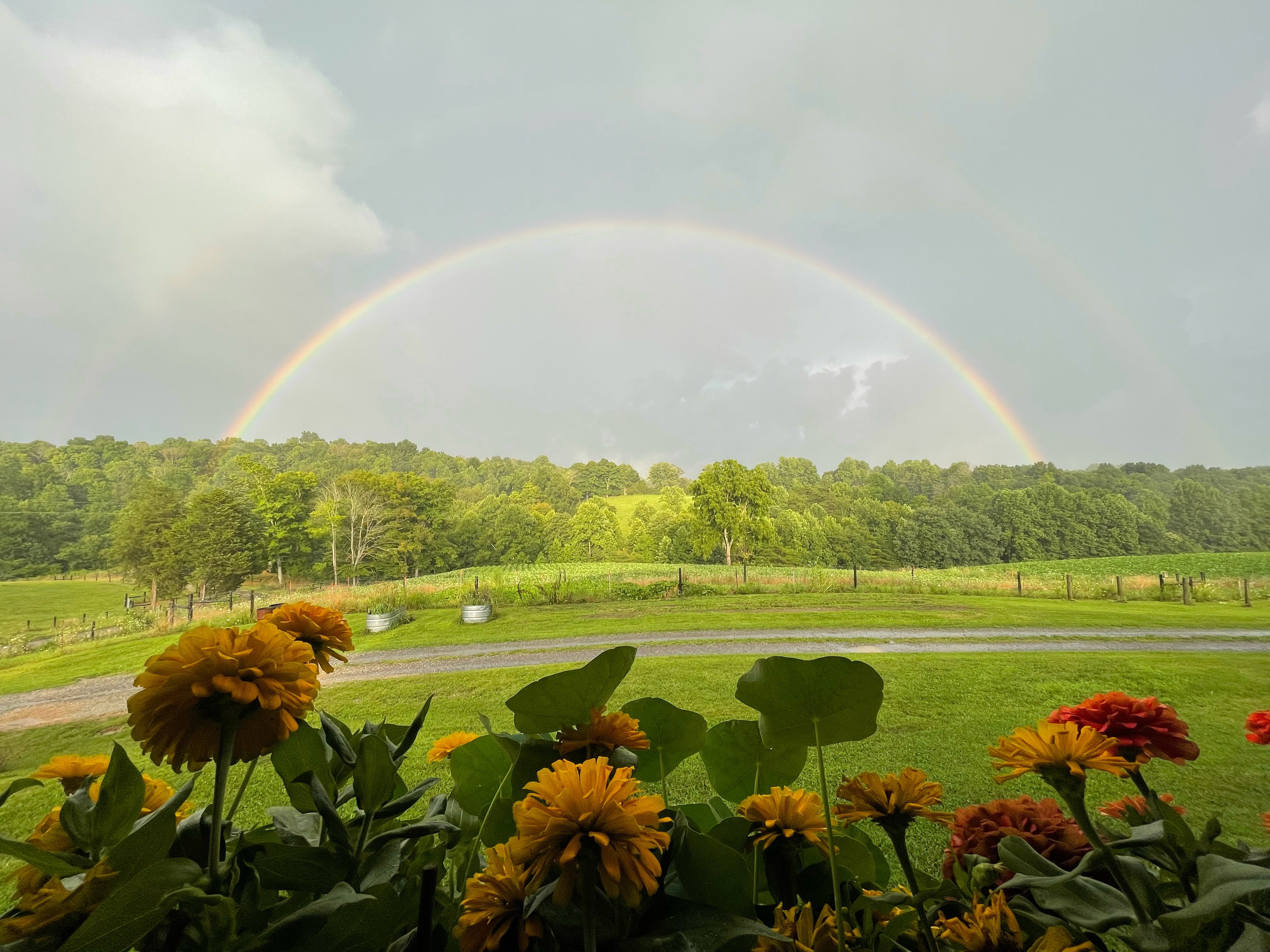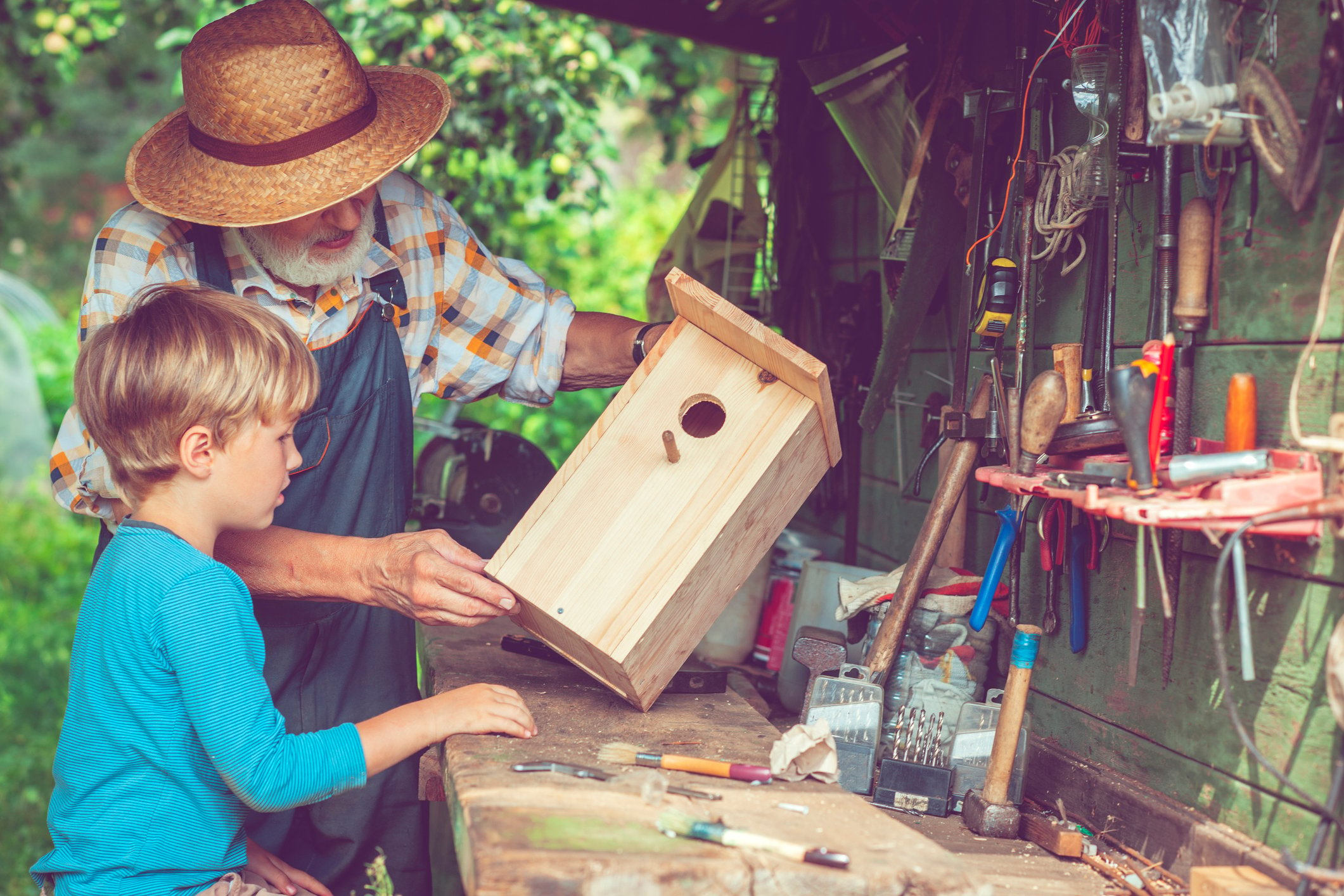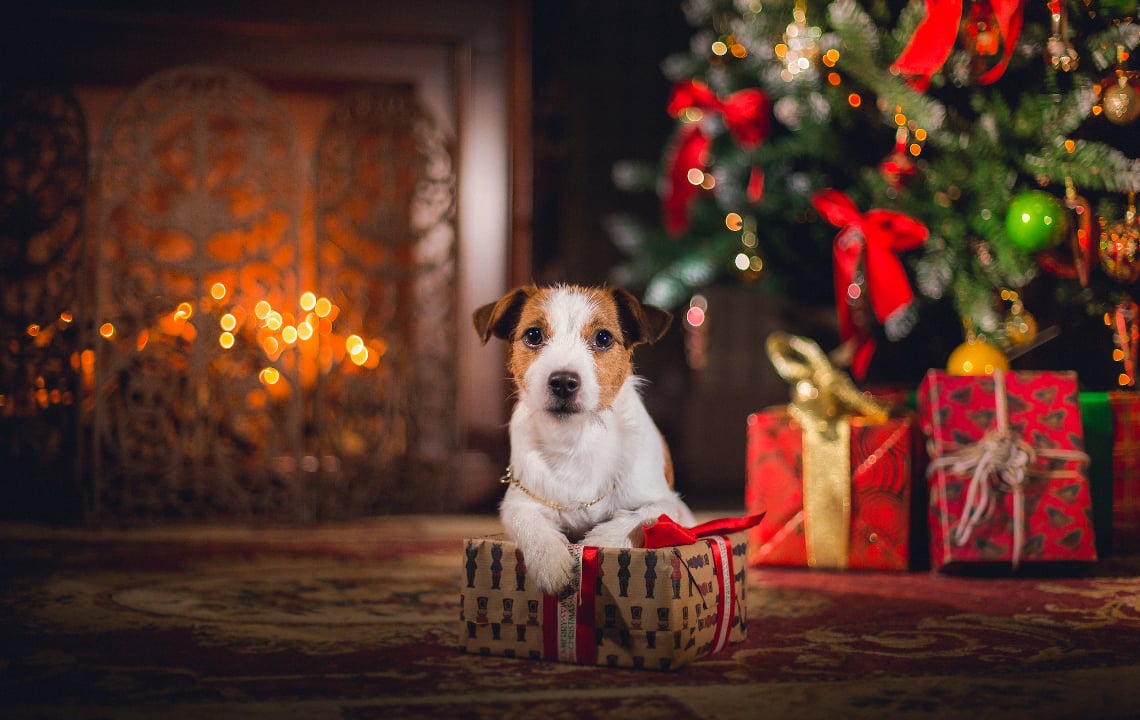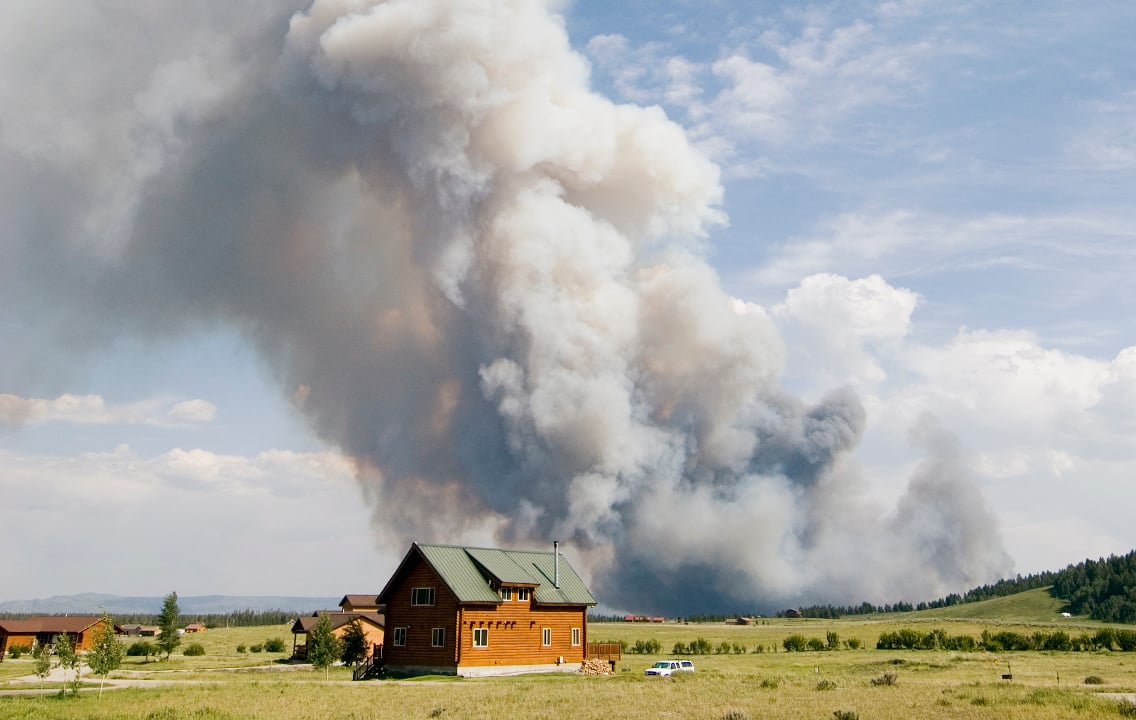Thinking about adding a livestock or guardian dog to your family but don’t quite know where to start? We asked expert Jan Dohner for the scoop on selecting and caring for working dogs.
Jan Dohner is author of Farm Dogs and Livestock Guardians, and has nearly 40 years’ experience with livestock guardian dogs. We asked Dohner to give our readers some advice on choosing the right breed for their farm or homestead.
She started with an often overlooked but crucial note: Not all guardian and protective breeds are alike.
“This can’t be stressed enough,” says Dohner. “There is a big difference between livestock guardian dogs and guard or protective breeds. Both can make fine family and farm guardians, but they operate and behave differently.”
Livestock guarding breeds (including Anatolian Shepherds, Akbash Dogs, Great Pyrenees, Kuvasz or Central Asian Shepherds) were developed specifically by sheep and goat cultures, Dohner notes.
“They have a large physical appearance suited to living outdoors 24/7 with their stock even in harsh climates, low chase or prey instinct, low energy, strongly independent thinking that is not responsive to human commands and use a series of escalating measures to warn off threats from barking to charging to a confrontation.”
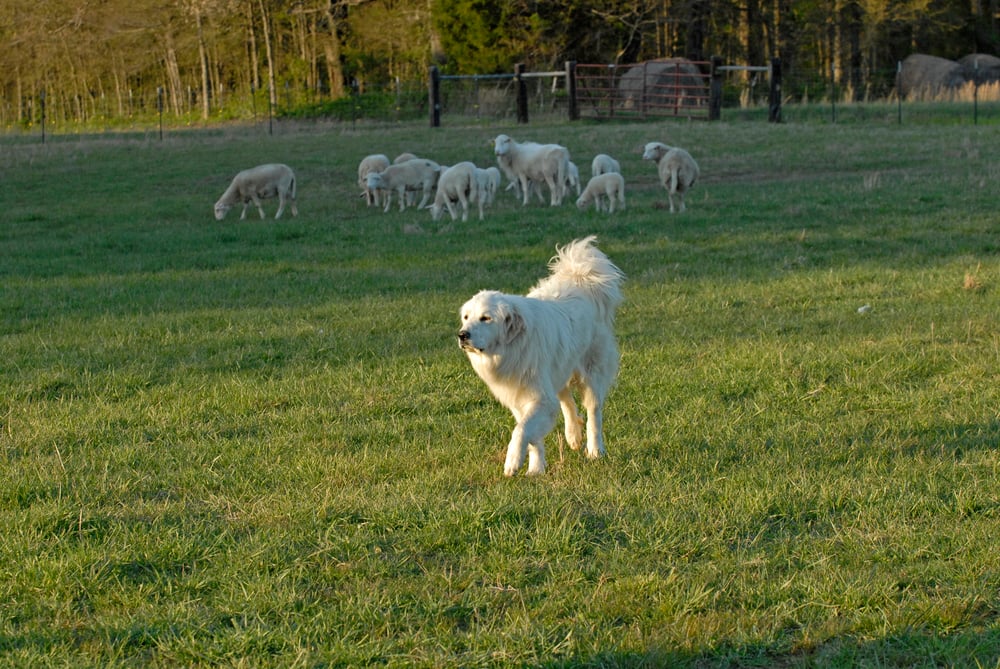
Pictured: Great Pyrenees, also known as "Gentle Giants" and excellent flock dogs
By contrast, guard or protection dogs — which include herding breeds (Belgian and Dutch Shepherds, German Shepherd, Rottweiler) and hunting/mastiff breeds (boxer, Bullmastiff, Rhodesian ridgeback) — have a strong responsiveness to human commands.
“They enjoy human companionship and direction,” says Dohner. “Many of these breeds have high energy, high prey drive or high reactivity to threats. Some require a great deal of human attention and activity — such as the Belgian Malinois. Most cannot be trusted in the company of stock without supervision and guidance.”
Deciding on the right breed and the right pup for your specific lifestyle and situation can be tricky. Here’s how Dohner responded when we asked some of our most pressing canine-related questions.
Q: What types of dogs work best with animals and livestock?
A: Only a livestock guardian dog breed (LGD) or a cross strictly between two livestock guardian dog breeds are suited to live with stock without human presence. Crosses between an LGD and a herding or hunting dog are definitely not recommended as they may inherit strong chase or prey drive or confusing mixes of instincts and behaviors. These may emerge as the dog grows older.
Q: How about for farms or homesteads that don't have sheep or cattle to protect, but still want to secure their property with the help of a dog?
A: The livestock guardian breeds also make good general farm and family protectors, in fact this was often their role on estate and rural properties, in addition to the traditional guard or protection breeds.
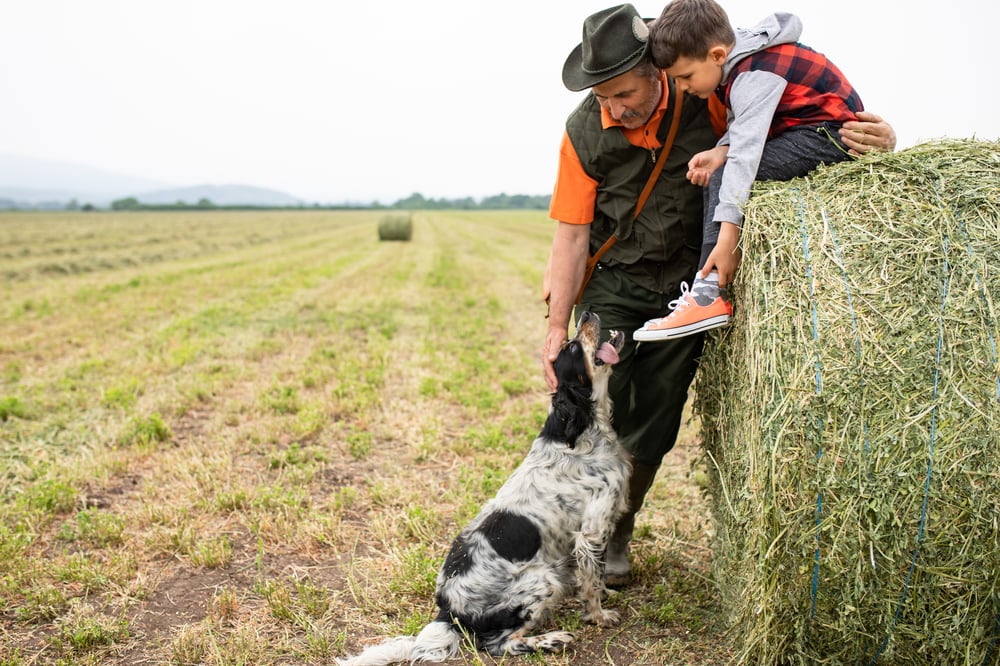
Q: Where should landowners start when deciding which type of guard dog is best?
A: Always thoroughly research the traits of dog breeds you are considering. Every year, thousands of dogs are rehomed or abandoned at shelters because the owner was not realistically prepared to train and care for the dog or thought that they could train the dog out of an instinctual response. For example, herding dogs will try to herd animals. Without training and supervision, they can chase them to death. A livestock guardian dog or protection dog will instinctively react to a perceived threat. It is a misconception that you can train away an instinctual behavior.
Please arrange to meet adult members (over 2 years of age) of the breed you are interested in. Temperament is strongly inherited. Yes, handling can shape and socialize a pup but a parent dog with an unstable or dangerous temperament can pass that along to their pups. … Most puppies are loveable, friendly and playful. However as working dogs mature, they may take a serious turn you might be unprepared for.
Q: In what ways does the size of one’s land (5 acres vs. 50 acres) determine the best type of guard dog?
A: Depending on the breed, some dogs require sufficient exercise and activity to prevent destructive boredom, but even 5 acres is sufficient for both livestock guardian dogs and protection breeds. Fencing is the greater issues for most owners, as these dogs must be kept home.
If your LGD is protecting stock, rough or harsh terrain makes it more difficult for a single dog to patrol and protect stock. In these cases, more than a single dog may be needed.
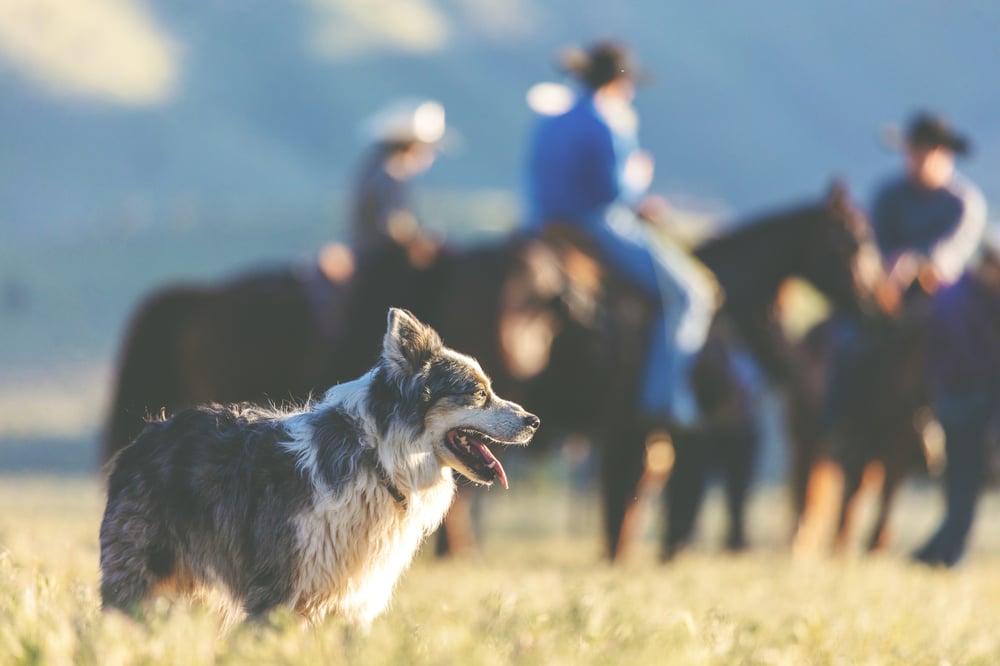
Pictured: Border collie, an excellent herding dog.
Q: What are some of the best breeds for the United States’ southern climates?
A: Some of the extremely heavily double-coated LGDs can find hot, humid weather difficult. Please do not shave a double-coated dog as the hair is also a protection against weather. Some owners do prefer the shorter haired LGD breeds such as the Anatolian, Akbash, Kangal, Central Asian Shepherd, Spanish Mastiff. Komondors have heavy dreadlocks that are completely unsuited to hot and humid weather.
The herding/guard/protection breeds also come in a variety of coats, some more desirable in hot climates. Extremely heavy breeds such as the St. Bernard, can suffer in the heat. All dogs need shade and access to water, of course.
Q: What are the pros and cons of pure vs. mixed breed guard dogs?
A: Purebred dogs always have more predictable traits as opposed to mixes, especially if the mixes are very different. Genetics doesn’t “even out” inherited traits, contrary to what folks often think. Parents with widely different traits will create pups that may be more like one parent or the other, or a mixture of both. This is not predictable by outward appearance or puppy behavior.
Mixes between two similar breeds are far more acceptable. [For] example, two different LGD breeds. A mix between an LGD and a protection or guard breed would make a suitable general farm or family guardian but would not be suitable for work with stock.
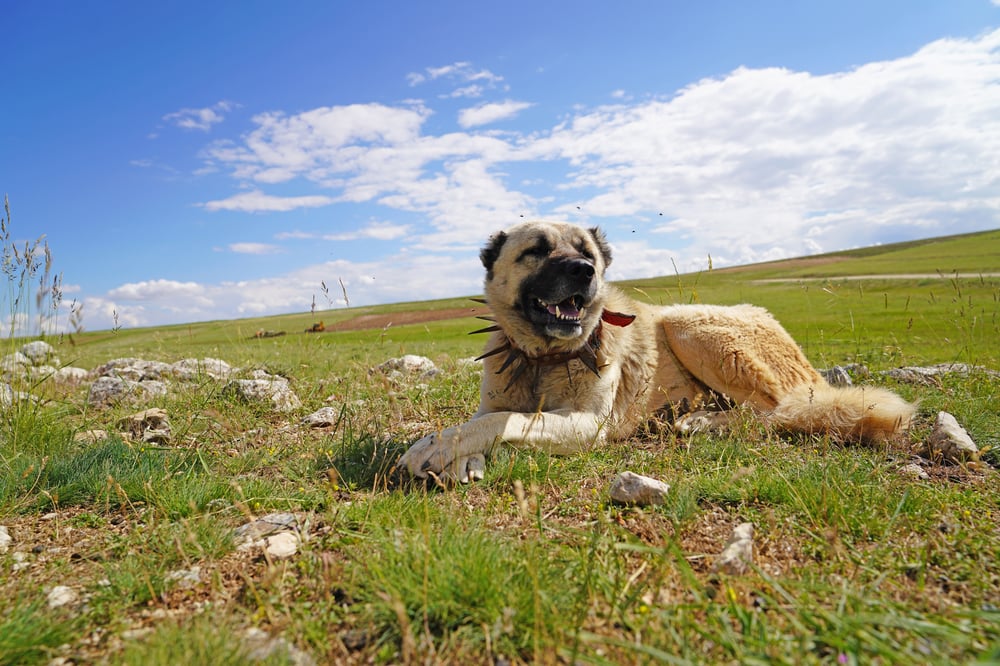
Pictured: Anatolian shepherd dog, its' spiked iron collar protects its neck from wolves.
Q: Are there any breeds landowners should avoid? Why?
A: Insurance and liability issues — the most frequently banned dog breeds for insurance purposes (rightly or wrongly) are pit bull, Staffordshire bull terrier Rottweiler, chow chow, Presa Canario, Akita, Doberman, wolf hybrids, mastiffs and German shepherd. Different companies have their own lists and policies.
- If you have poor fences, I would discourage you from any of the LGD breeds which are instinctively driven to patrol outward.
- Invisible fencing is problematical with high drive protection or guardian breeds, who will take the “hit” in pursuit of a perceived threat.
- Some of the protection breeds are bred primarily for military or police work, such as the Malinois and some German, Dutch and Belgian shepherds. They often require active handling rather than being trusted or adapted to freely roam a rural property.
- Some of the LGD and protection breeds are being bred and sold as a “macho” symbol or for dog fighting. These dogs will probably not have stable, family-suitable temperaments.
Q: What about rescues vs. breeders when it comes to purchasing a dog?
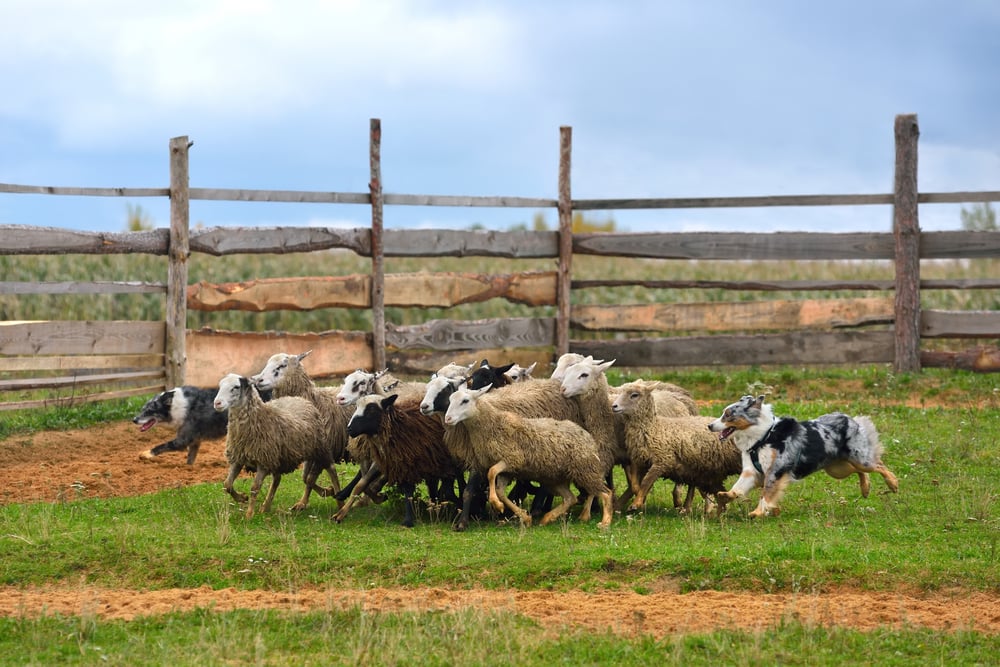
Pictured: Border Collie with Australian Shepherd herding sheep.
A: Knowledgeable breeders can offer you help in selection of an appropriate pup and mentoring help as you raise it. A good breeder also screens for serious health issues, only breeds adult dogs free of genetic defects with good temperaments and conformation, and socializes the pups appropriately. You absolutely should meet the parents of any pup you are considering as temperament is strongly inherited.
Good sources:
- Breed clubs and working clubs
- References from folks with good working dogs
- Rescue or rehoming (but first evaluate why the dog is in rescue)
Red flags:
- Craig’s List or similar ads
- Flash websites where you can’t meet the parents
- Cheap or unhealthy dogs or bad situations
- Crossbred dogs with no proof of parents or breeds
- No health screening
It is very important to know [why] a rescue dog is looking for a new home. If it was a mismatch in breed to owners or home situation or the owners are moving, the dog may indeed benefit from a new home in more appropriate surroundings.
Remember that rescue dogs bring with them any poor traits and behaviors they may have, such as difficulty controlling them, persistent escaping of fences, biting, nipping, destructive or obsessive behaviors, dog aggression, chasing or killing other animals or roaming. Make sure you feel comfortable handling this dog especially if it is an adult. Insist on several weeks of a trial placement to make sure this is a good fit. Specific breed rescue groups are far more knowledgeable about their breeds and its needs than rescue groups who handle many different breeds.
Q: Any other advice you can offer our readers about how to choose the best guard dog for their land?
A: Dogs are living creatures and not tools. Don’t buy a dog if you won’t enjoy its company and don’t have time to pay attention to it, train it and take good care of it. Loyalty is earned.
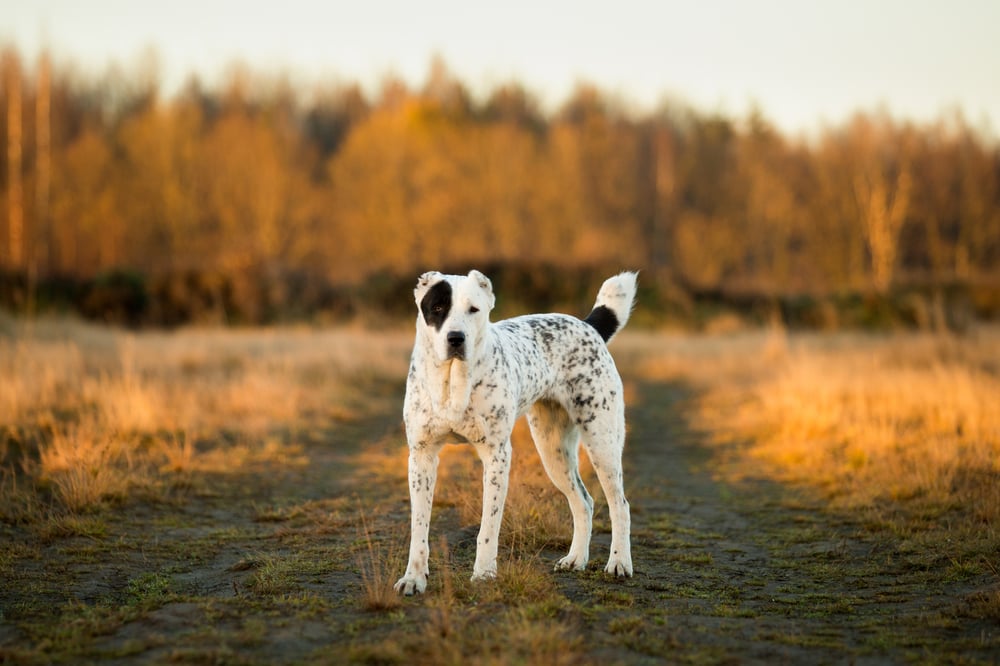
Pictured: Central Asian Shepherd Dog.
Still not sure where to start?
Dohner recommends answering the following questions to help narrow your search:
- Do you just need a watchdog to alert you to a disturbance rather than a large guardian or protective breed? The smaller herding breeds or a terrier are alert, vocal watchdogs.
- Do you have frequent visitors, customers, delivery people or workers on your property? A large, powerful, often self-thinking guardian or guard dog may be an insurance liability (always check with your insurer — some have lists of breeds they will not insure); requires good fencing to keep it safely on your property; or can pose a threat to workers or visitors to your property.
- Are you prepared to train, socialize and handle a large, strong-willed dog? What about other members of your family? Many protective breeds have dominant, hard-wired traits and instinctual reactions, which require an experienced, confident owner.
For more resources, visit Dhoner’s website www.jandohner.com.
And be sure to check out the following articles for tips from real land owners/farmers, Vickey Russel and Nick Ball, on the breeds of livestock guardian dogs they use for sheep and chickens:


